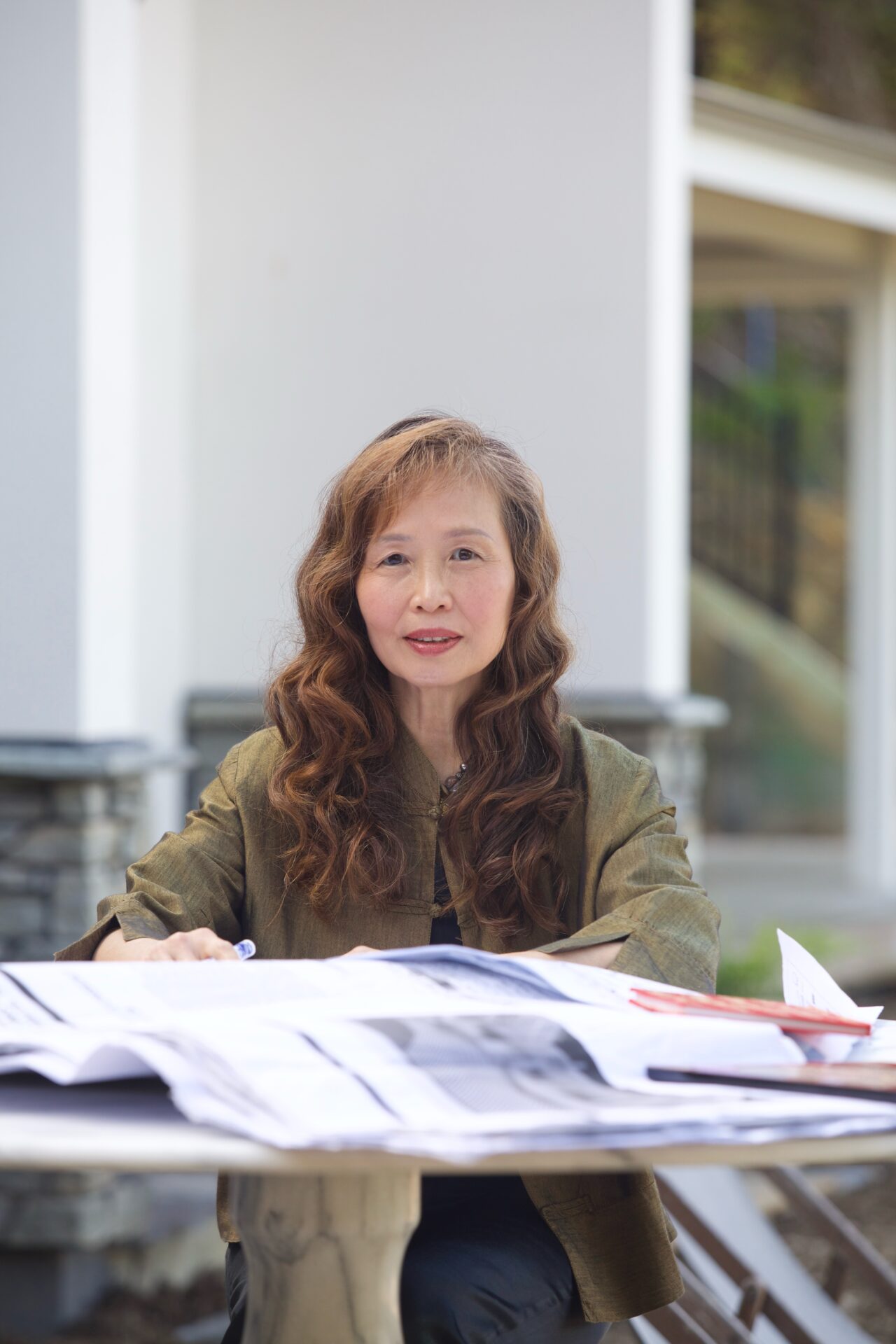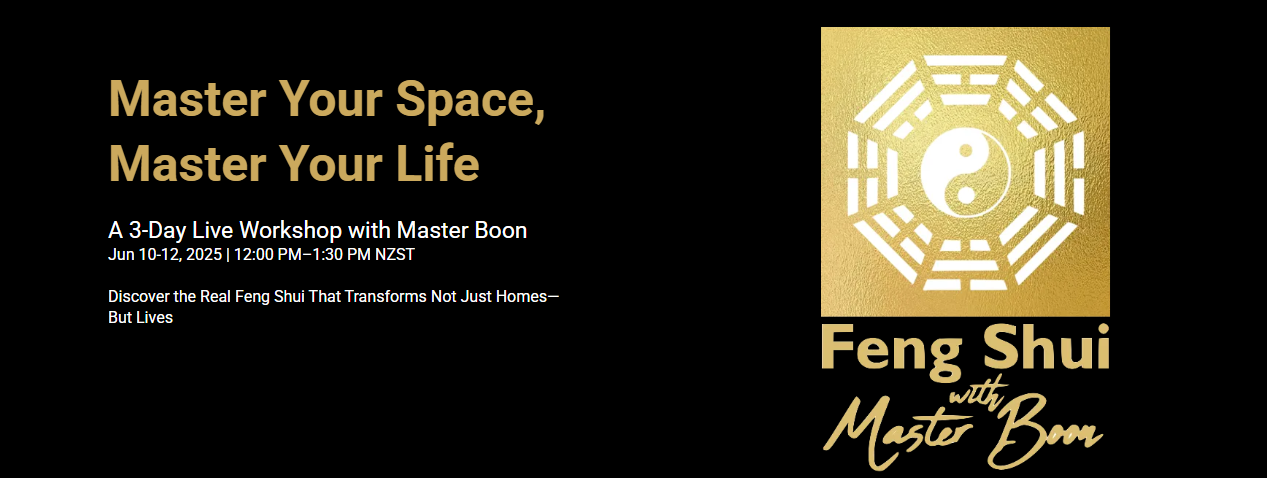The Edge, Haven – October – November 2006 issue
The sage-king credited with the creation of the Ba Gua.
READERS FAMILIAR WITH feng shui will no doubt be familiar with the Eight Trigram symbol known as the Ba Gua.
If you ever wondered where or when this symbol came about and its significance, then follow me on a journey to the source of all esoteric wisdom in Chinese culture.
Two months ago, I / Master Boon set off in search of the legendary Fuxi, the sage-king credited with the creation of the Ba Gua and said to be the forefather of all Chinese people. Because Fuxi was thought to have lived prior to written history, it is uncertain if he was a real person, a chieftain or an ancient tribe. However, ancient texts refer to his reign as the dawn of Chinese civilization because of his knowledge of heaven and earth, and point to Tianshui as his birthplace. And he has since been revered by many as the ancestor of the legendary five emperors (the Yellow Emperor, Zhuanxu, Ku, Yao and Shun) and the head of three august ones (Fuxi, Nuwa and Shennong).
Tianshui has the only temple dedicated to Fuxi that contains his image. First built in 1490, and rebuilt in 1597 during the Ming Dynasty, it is exquisite and quite different from many Buddhist or Daoist temples in its quiet elegance.
In the footsteps of FUXI The city is a key settlement of early Chinese civilization, an ancient city with the oldest Chinese archaeological record. The discovery of a sophisticated Neolithic culture in nearby Dadiwan spanning 6000-3000 BC, lends credence to Fuxi’s legend. The archaeological site shows evidence of agriculture, pottery-making, Chinese character writing, building construction, and drawing as far back as 8,000 years ago, preceding previous finds by 1,000 years. In addition, he was also credited with inventing netting, taught his people the use of fi re, musical instrument making, record-keeping and united nine tribes.
Fuxi’s acute observation of nature inspired him to develop the Ba Gua that helped him to explain the laws of the universe.
Fuxi’s Ba Gua arrangement depicts the dual nature of the universe, and is commonly referred to as Early Heaven Trigram (Xian Tian Ba Gua). Fuxi was also credited with developing the inspirational River Picture (He Tu), a numerical model of ancient cosmology representing the beginnings of the Universe.






